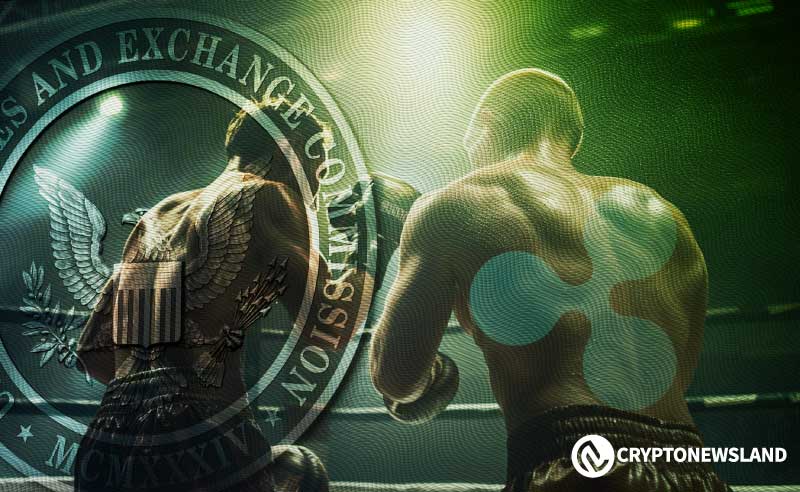- The SEC issued Elon Musk subpoenas and a 48-hour ultimatum over alleged delays in disclosing his Twitter stake.
- Ripple leaders criticized the SEC for using litigation to push its agenda, citing Gary Gensler’s upcoming January departure.
- Vivek Ramaswamy accused the SEC of overreach and misusing resources, citing its history of losing cases due to legal misinterpretations.
The dispute between Elon Musk and the U.S. Securities and Exchange Commission (SEC) has intensified. The SEC issued subpoenas and gave Musk a 48-hour deadline to settle.
Musk’s lawyer, Alex Spiro, accused the agency of harassment, targeting both Musk and his companies, including Neuralink. This conflict has sparked criticism of the SEC from business leaders and legal experts, adding pressure to the regulatory body’s leadership.
Industry Leaders Question SEC Tactics
Vivek Ramaswamy, from the Department of Government Efficiency, criticized the SEC’s actions, calling them a misuse of government resources. He pointed out the SEC’s history of losing cases due to overreaching and unconstitutional rule interpretations.
According to Ramaswamy, these patterns erode public trust in the regulatory framework. Ripple’s Chief Legal Officer, Stuart Alderoty, echoed these concerns, accusing the SEC of using litigation to further its agenda rather than enforce laws fairly.
In addition, Ripple’s leadership has repeatedly highlighted what they call “lawless tactics” by the SEC. Ripple has celebrated Chairman Gary Gensler’s upcoming departure in January, viewing it as a turning point for regulatory reform. Alderoty believes Ripple is positioned to become a leading provider of crypto solutions once the regulatory landscape improves.
Musk’s Past Actions Under Scrutiny
Moreover, the SEC’s focus on Musk stems from allegations that he delayed disclosing a 9.2% stake in Twitter. According to regulations, anyone acquiring at least 5% of a public company must disclose this within ten days.
However, Musk reportedly disclosed his stake about ten days late, which the SEC claims violates the Hart-Scott-Rodino Act. This has added to the scrutiny of his actions and intensified the ongoing legal battle.Hence, the controversy surrounding the SEC has led to increased calls for accountability and structural reforms within the agency. Gary Gensler’s decision to step down on January 20 is seen as a significant development. Industry leaders hope that this change will pave the way for a more balanced regulatory approach.

